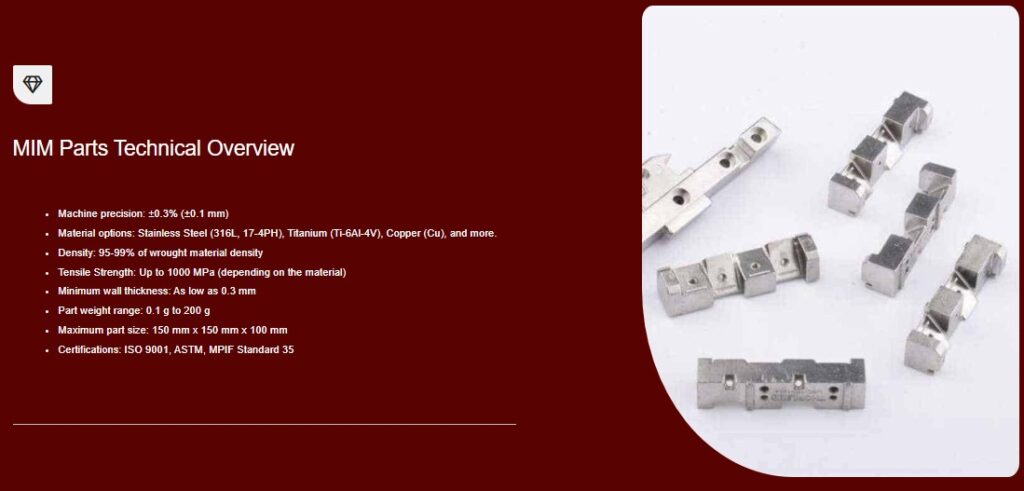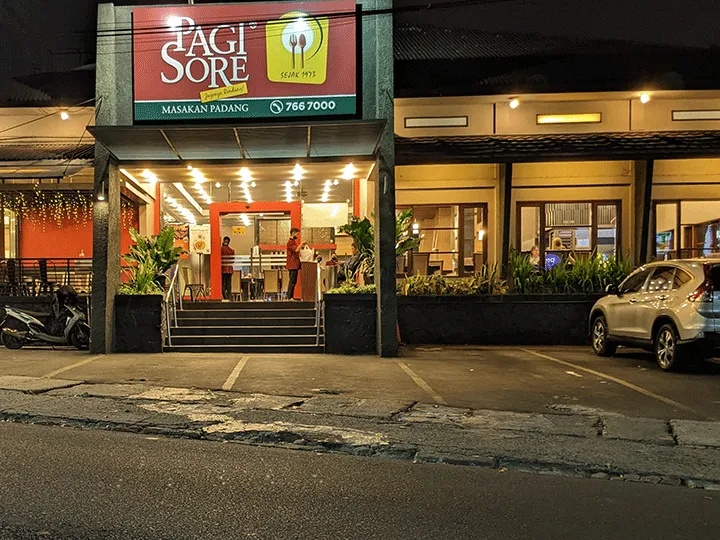Pediatric physical therapy is a specialized branch of physical therapy focused on the unique needs of infants, children, and adolescents. It aims to enhance movement, improve function, and promote overall well-being. This article explores the numerous benefits of pediatric physical therapy and how it can support your child’s development.
Understanding Pediatric Physical Therapy
Pediatric physical therapy involves the evaluation and treatment of children with various physical conditions. Therapists work with children who may have developmental delays, physical disabilities, or injuries. The therapy is tailored to each child’s specific needs, using play and engaging activities to encourage movement and learning.
Enhancing Motor Skills
One of the primary benefits of pediatric physical therapy is the enhancement of motor skills. Children develop gross motor skills, such as crawling, walking, and running, as they grow. For some children, these milestones may be delayed due to various factors, including genetic conditions or physical limitations.
Physical therapists employ targeted exercises and activities that promote muscle strength, coordination, and balance. Through fun and engaging methods, children can improve their motor skills, leading to increased confidence and independence in their physical abilities.
Supporting Developmental Milestones
Physical therapy also plays a crucial role in helping children achieve developmental milestones. Each child develops at their own pace, but certain milestones are critical for social and cognitive growth. Pediatric physical therapists assess a child’s development and create individualized plans to support their progress.
For example, a child struggling with balance may benefit from specific exercises designed to strengthen their core muscles and improve stability. By addressing these challenges early on, therapists can help children reach important milestones that contribute to their overall development.
Promoting Confidence and Independence
As children improve their physical abilities through therapy, they often experience a boost in confidence. Learning new skills and overcoming obstacles fosters a sense of achievement. This newfound confidence can have a positive impact on various aspects of a child’s life, including social interactions and academic performance.
Moreover, pediatric physical therapy encourages independence. Children learn to perform tasks on their own, whether it’s getting dressed, participating in sports, or playing with peers. This sense of autonomy is vital for their self-esteem and personal growth.
Addressing Specific Conditions
Pediatric physical therapy is beneficial for children with specific medical conditions. Conditions such as cerebral palsy, spina bifida, and developmental coordination disorder can significantly affect a child’s ability to move and participate in daily activities.
Therapists develop specialized treatment plans tailored to these conditions, focusing on improving mobility, strength, and functional skills. Early intervention is crucial, as it can lead to better long-term outcomes and help children lead fulfilling lives.
Enhancing Social Interaction
Physical therapy also provides opportunities for social interaction. Many therapy sessions involve group activities where children can play and engage with peers. This social aspect is particularly important for children who may struggle with social skills or experience feelings of isolation due to their physical challenges.
Working alongside other children fosters teamwork, communication, and friendship. These interactions can significantly enhance a child’s emotional well-being and contribute to their overall development.
Involving Parents and Caregivers
Another significant benefit of pediatric physical therapy is the involvement of parents and caregivers. Therapists often provide guidance and education to families, equipping them with strategies to support their child’s development at home. This collaboration ensures that progress continues outside of therapy sessions.
Parents learn exercises and activities that they can incorporate into their daily routines, reinforcing the skills their child is developing. This partnership is essential for creating a supportive environment conducive to growth and development.
Conclusion
Pediatric physical therapy offers a wide range of benefits for children’s physical, emotional, and social development. By enhancing motor skills, supporting developmental milestones, and promoting confidence, therapy can significantly impact a child’s life. If you have concerns about your child’s physical development, consider consulting a pediatric physical therapist to explore the potential benefits for your child’s unique needs.




